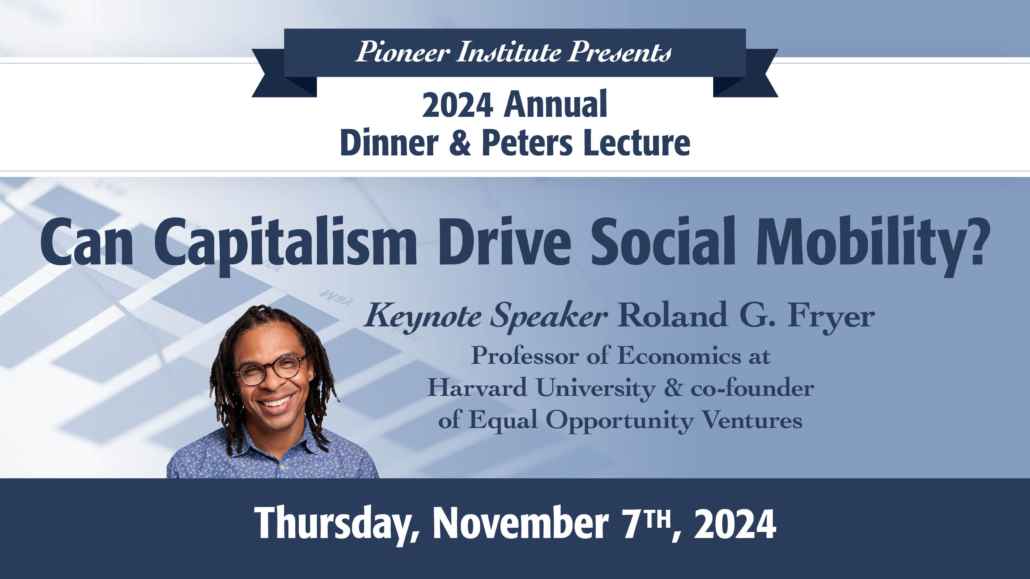POLITICO’s Peter Canellos on Justice John Marshall Harlan & Plessy v. Ferguson
Mr. Canellos delves into Harlan’s upbringing in a prominent slaveholding family, his Civil War service in the Union Army, and his rapid rise in Kentucky politics as a Republican. He highlights John Harlan’s mixed-race half-brother Robert Harlan and key legal precedents like the notorious Dred Scott v. Sandford (1857), which influenced Harlan’s views on race and equality.

